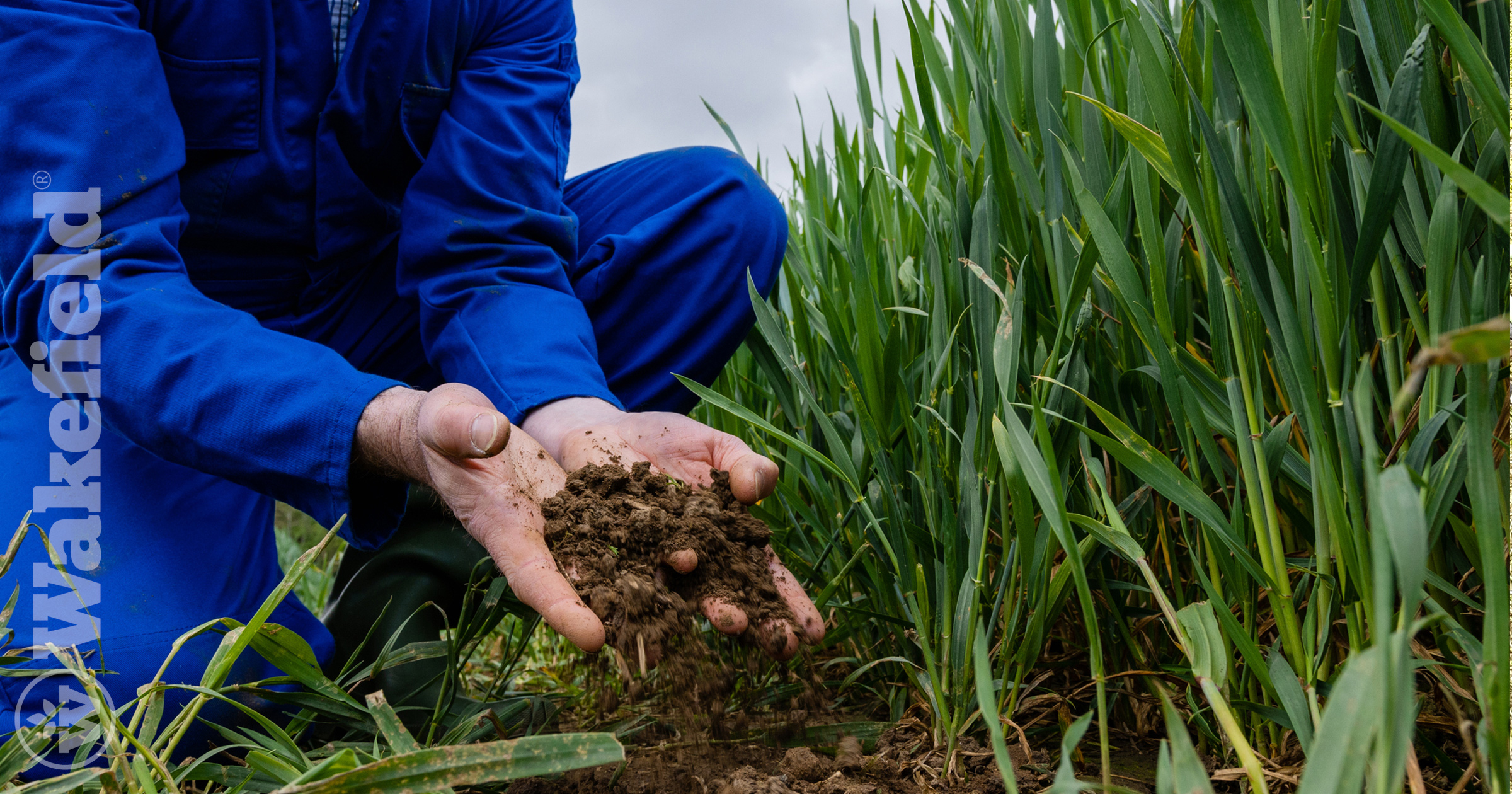NRCS Program And Biochar Overview

The Natural Resources Conservation Service (NRCS) is now welcoming applications for the 2024 Soil Amendment 336 grants. These grants offer financial support for soil remediation projects that meet NRCS conservation standards. We’re excited to share that biochar is included in this initiative!
Why Biochar?
Biochar is a fantastic soil amendment that not only helps store carbon in the soil but also empowers farmers. By incorporating biochar into your soil management practices, you can add significant value to your land and boost the long-term health of your soil.
Benefits of Biochar-Amended Soil:
- Improved Crop Productivity: Biochar enhances your soil’s ability to retain water and nutrients, leading to healthier, more productive crops.
- Cost Reduction: With better water and nutrient management, you’ll reduce the need for costly inputs.
- Increased Microbial Activity: Biochar encourages greater microbial activity in the soil, which is essential for plant health.
- Reduced Disease Impact: Healthier soils mean less disease, so your crops can thrive.
Special Pricing for NRCS Partnerships:
Wakefield BioChar is committed to supporting farmers, and we’re offering discounted pricing for those who qualify for this program. These incentives are rooted in our shared goal of improving soil health and ensuring agricultural prosperity.
Why Apply?
By applying for the NRCS grants, you’ll be part of a larger effort to create more resilient and productive soils. You’ll also help address critical environmental issues like soil erosion, nutrient leaching, and carbon sequestration.
How to Apply:
Each state has its own payment schedules and application deadlines. To qualify for funding, you’ll need to meet the NRCS application standards. Your local NRCS office can provide specific information about your state’s program deadlines and grant details.
Find Your Local NRCS Office:
NRCS County Offices: USDA Service Centers are a one-stop shop where you can access services from the Farm Service Agency, NRCS, and Rural Development agencies. Visit the link to find your local USDA Service Center or other agency offices in your area, and get in touch for more details.





